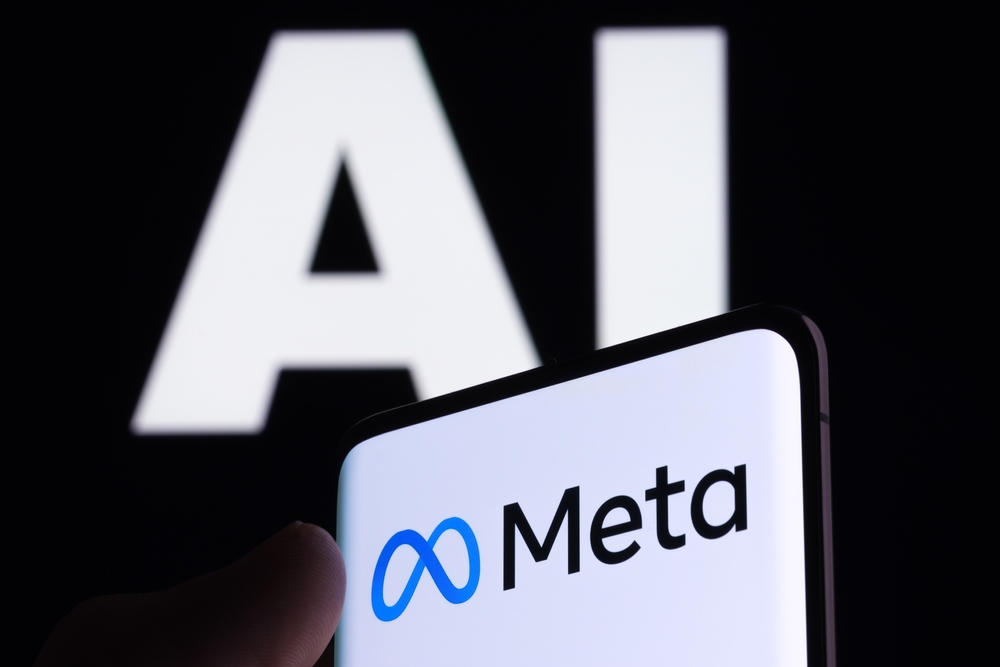Meta is reportedly building an advanced AI model that is expected to rival the performance of OpenAI’s GPT-4.
The Wall Street Journal reported that Meta has been secretly working on the most advanced of its LLMs and it’s expected to be released in 2024.
Earlier this year Meta released Llama 2, making it freely available for commercial and research use. Its new model is also expected to be made freely available in line with Meta’s continued open-source approach to its AI products.
Meta’s new model is rumored to be several times more powerful than Llama 2, which already sits near the top of open access model benchmarking leaderboards.
Llama 2 was released in collaboration with Microsoft on its Azure platform but it seems Meta is gearing up to use its own computing infrastructure in the future.
Meta has been snapping up Nvidia H100 GPUs and will be using its own platform to train its new model, instead of using Microsoft’s Azure cloud computing.
Meta was slow out of the blocks in the AI race but is throwing a lot of resources at its AI projects now. The report said that this new model was being built by a team that was formed earlier this year and tasked with accelerating Meta’s AI ambitions.
Hopefully, Mark Zuckerberg will offer more details on the new model at the Meta Connect event at the end of the month.
We’re likely to hear more about Meta’s AI Personas project too. Zuckerberg envisions more engaged interactions with AI that can “produce human-like expressions”, something which he ironically seems to struggle with.
If the WSJ report is accurate, then Meta’s new model will be very disruptive to the AI landscape when it’s released next year. A free, open source LLM as powerful as GPT-4 will put a serious dent in OpenAI’s hopes of profitability.
Meta’s strategy of making its models open source has got its legal teams a little worried though. If bad actors tweak the model to remove guardrails, create disinformation, or breach copyright, it’s unclear what legal risks Meta could potentially face.
It is also not clear what datasets are being used to train its new model but it almost certainly includes your interactions on Facebook and Instagram.





